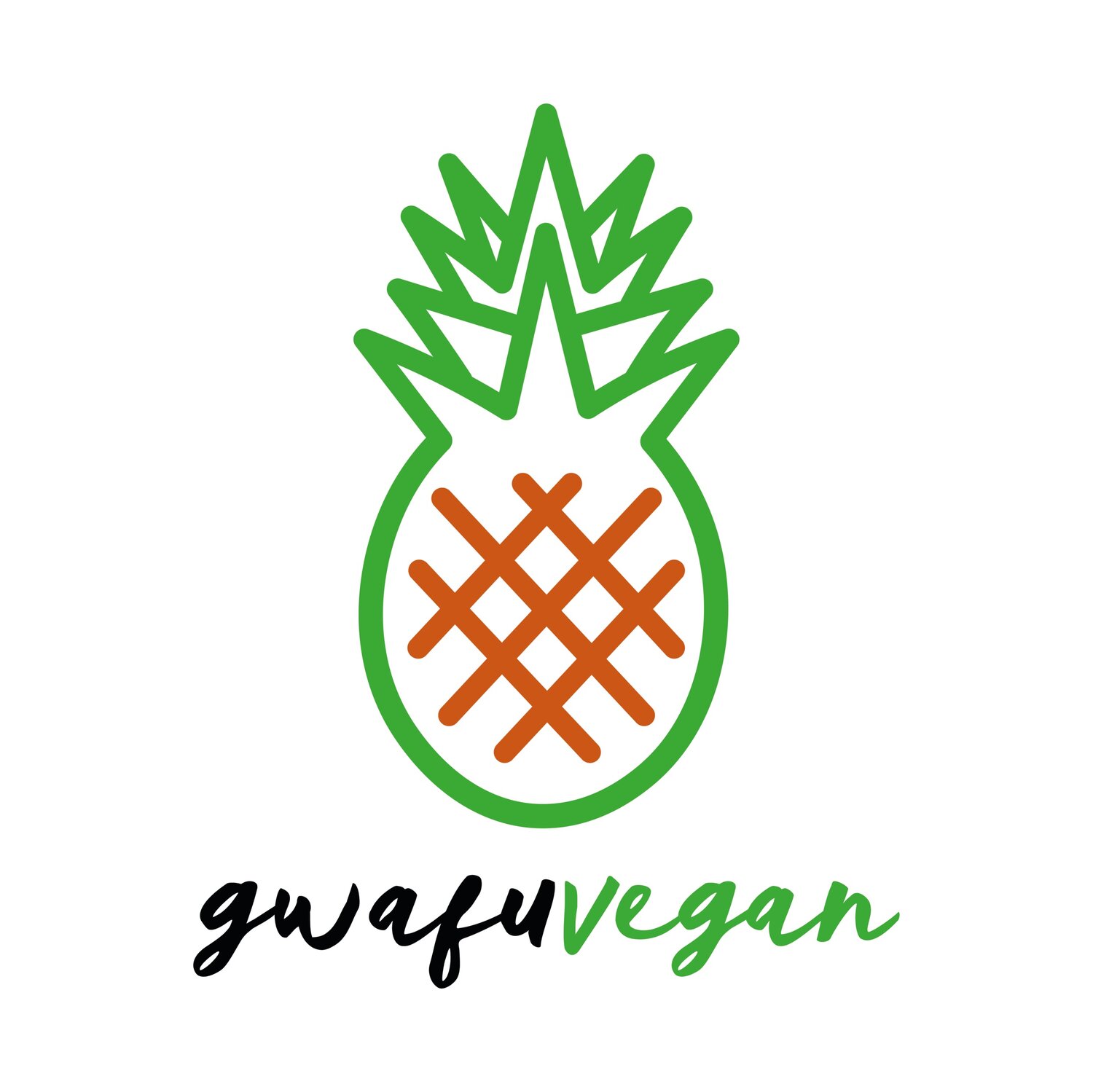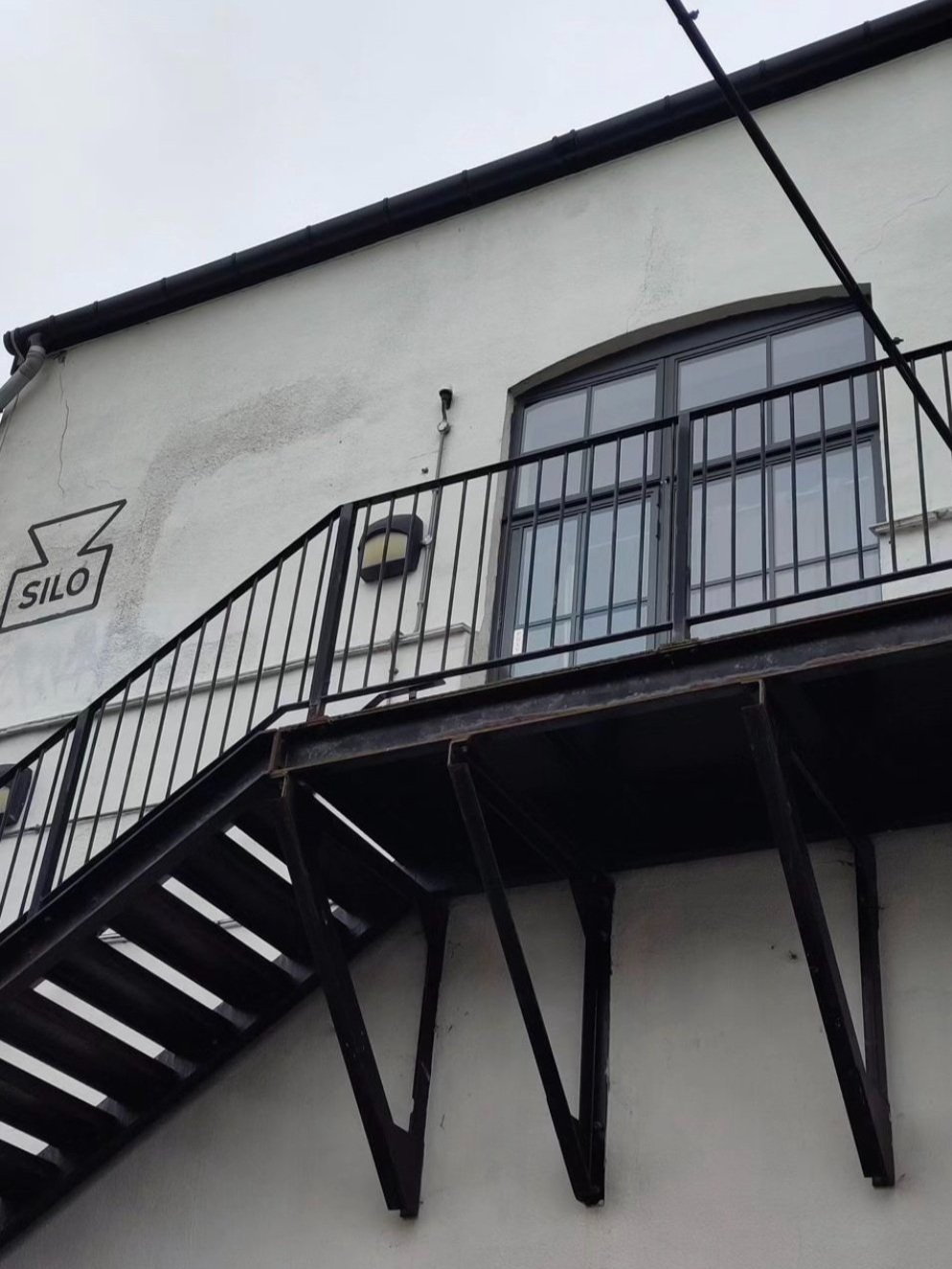My Experience as an Intern at a Zero-Waste Restaurant
Written by Hayley Lawson and Ngwafu Tansie
As a self-employed chef, I am always looking for creative ways to gain inspiration and learn from others on my journey. If you know me, you know that reducing waste and getting the most out of your produce is a top priority here at gwafuvegan, so when I saw that the world’s first zero-waste restaurant, Silo, in London’s Hackney Wick, run an internship program, I knew I had to get involved. Thanks to an amazing team and an inspiring environment, I was left with (if you’ll pardon the pun) much food for thought.
Restaurant Service Experience
While I’m no stranger to a commercial kitchen, having served my time in several of Manchester’s plant-based and community kitchens, the fine dining world is still very new to me. Last year, I was lucky enough to intern at Akoko, another first for London’s restaurant scene: West African fine dining, where I began to understand the rhythm of service in such a setting. There, I learnt that you should always to be 2-3 steps ahead of your current task to keep up, while also focusing on maintaining the highest standards. Silo re-enforced the importance of this, and during my first couple of days, I would feel incredibly drained after service due to the sheer about of brainpower needed to keep on top of everything. But as I found my flow, I began to thrive in the kitchen’s fast pace, and my confidence grew.
Once I’d found my stride, I began to feel more present in the experience. My time management skills were pushed to the limits; while prepping in the context of gwafuvegan is very much my comfort zone, the time sensitive nature of prepping for service made me think about my own practises. While I’d often find myself prepping on autopilot at home, I’m now working on my ability to stay focused and grounded, not only to increase my efficiency in the kitchen, but to also make way for more downtime away from it.
Another thing I will take from my service experience at Silo is that communication truly is key. While I am always working to better my communication skills, I now see there’s still room for improvement. Whether that be using shorthand chef lingo to increase efficiency or making space for regular check-ins, this is something I will absolutely take forward as my management style develops.
This is what you came for: THE FOOD
Where to begin? While it’s not my place to share Silo’s culinary secrets with the world, I can tell you about some of the inspiration and skills I learned while under their wing.
Again, if you know me, you know I will do all I can to reduce food-waste, which means I often turn to our good friend fermentation. While I’ve been pickling, making sourdough, kombucha and the like for several years now, Silo has opened my eyes to the wonderful world of Cheong fermentation. Originating in Korea, Cheong fermentation uses sugar at a 1:1 ratio to preserve various foods, most commonly fruits, vegetables, and rice, to create a syrup. While I had previously made a pinecone syrup using this method, I had no idea it could be so widely applied. I have now got a rhubarb syrup on the go, and will definitely be utilizing this process to elevate our future dessert options.
Kōji is another form of fermentation that I was able to learn more about during my time at Silo. Though this process has been on my radar for a while now, being able to work alongside some experts was invaluable. Kōji is an East Asian mold, known for its wide variety of uses, from saccharifying rice to making sake. It is also used to ferment soybeans in order to make soy sauce and miso paste. However, I learnt that this fermentation process can be applied to any waste product to make miso, and speaking with Silo’s own kōji specialist, I also learned that despite what the internet may lead you to believe, you don’t need to invest in loads of new gadgets to make it happen. So, as someone who cannot get enough of miso’s umami goodness, I will be saving food scraps from markets and events to create my own, with hopes of it replacing vegetable stock to add that extra level of depth and flavour, as well as save on costs and waste packaging.
One for the road
While my time spent at Silo was invaluable in terms of improving on my service skills and food waste reduction, one last thing I learnt was the importance of treating your team like a family. It was wonderful to see that staff wellbeing was always priority, which was reflected in the team’s attitude and overall “feel” of the restaurant. So many kitchens fall into the trap of cramming your break into 5 minutes, where you inhale whatever mash-up meal you can get your hands on and maybe have a sit down if you’re lucky, but you won’t see this kind of culture at Silo. Staff breakfasts and lunches, reasonable hours and regular check-ins were a breath of fresh air, and while I always do my best to look after gwafuvegan’s wonderful little team of casual workers, seeing this done on a larger scale gives me hope that I can one day run a staff and kitchen just like they do at Silo.
Want to follow our forays into fermentation? Join us on Instagram and Facebook
Looking for authentic vegan West African food? Check out our upcoming events or order a Puff Puff Snack Box today!



